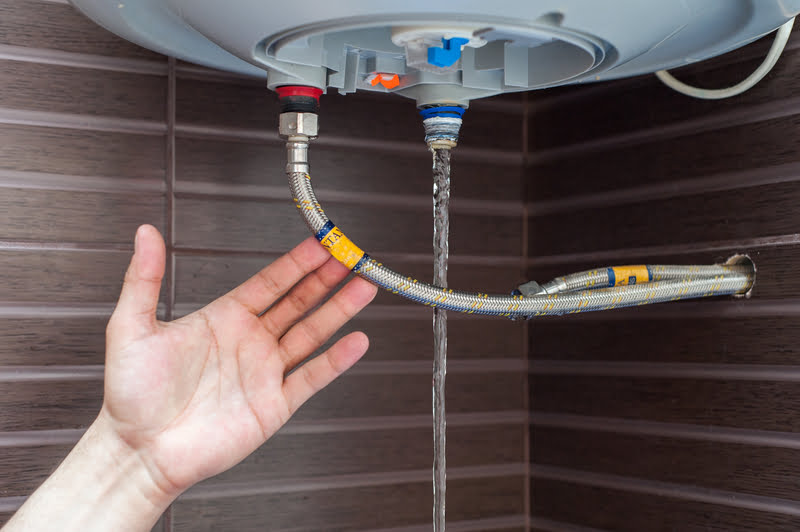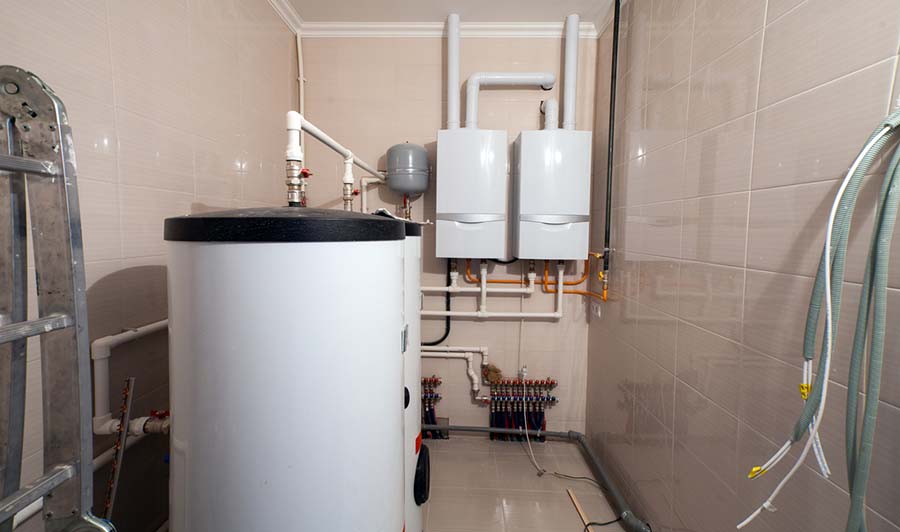Coping with the Chief Water Heater Crisis Events
Coping with the Chief Water Heater Crisis Events
Blog Article
What are your concepts about The Importance of Water Heater Maintenance?

A hot water heater is one of one of the most vital fundamental devices that can be found in a house. With hot water heater, you do not require to go through the anxiety of heating water by hand whenever there is a demand to wash, wash, or the meals. There is constantly an opportunity that your water heating system would act up as with the majority of mechanical tools.
It is important to note any little breakdown and also tackle it rapidly prior to things get out of hand. Most times, your water heater begins to malfunction when there is a build-up of debris as a result of continuous usage. As a safety measure, periodic flushing of your water heater is suggested to stop sediment accumulation and prevent practical failure.
Common water heater emergency situations and also just how to take care of them
Leaky water heater tank.
In this situation, you must transform off your water heating system, permit it to cool down, and also carefully look for the resource of the trouble. At times, all you require to do is to tighten up a couple of screws or pipeline links in instances of small leakages. If this does not function and also the leakage continues, you may require to utilize the services of a service technician for a proper replacement.
Varying water temperature.
Your water heating unit can begin generating water of different temperatures normally ice scalding or cool hot. There might be a requirement to change either the thermostat or the home heating unit of your water heating system.
Inadequate warm water
It may be that the water heating system can't sustain the hot water demand for your home. You might update your water heater to one with a bigger capacity.
Tarnished or smelly water
When this occurs, you need to know if the concern is from the container or the water source. If there is no amusing smell when you run chilly water, after that you are specific that it is your water heater that is faulty. The smelly water can be caused by rust or the buildup of microorganisms or sediments in the water heating unit container.
Final thought
Some homeowners overlook little warning and also minor faults in their hot water heater system. This only results in additional damages and a feasible total break down of your appliance. You should manage your water heater mistakes as soon as they come near stay clear of more expenditures as well as unneeded emergency troubles.
With water heating units, you don't need to go with the tension of heating water manually every time there is a requirement to take a bathroom, do the washing, or the dishes. Your water heating unit can start generating water of different temperatures normally ice scalding or chilly hot. It may be that the water heater can not support the hot water need for your home. If there is no funny scent when you run cold water, after that you are certain that it is your water heating system that is defective. The smelly water can be triggered by corrosion or the buildup of microorganisms or debris in the water heating system tank.
What’s Wrong With My Water Heater?
Not Enough Hot Water
You probably encounter this problem in the shower or while washing dishes. As you run your water, you’ll notice it starting to cool down. Turning up the hot faucet may not work, or it may only heat the water for a short period. Your hot water probably comes back and works normally one or two hours after you use it up.
If you’ve never had enough hot water, your heater may be too small for your home. If you haven’t had a problem until recently, there’s probably something’s wrong with your heater’s thermostat. Try adjusting it to see if you can feel a difference. Even if the thermostat’s working, the heating element itself could have burnt out. It’s also possible that a clog has restricted water flow into or out of the heater. Luckily, none of these problems are hard to fix, as long as you call them in early.
Water is Too Hot
Unregulated water heaters can make water dangerously hot. You probably have this problem if you’ve been scalded by your hot water. It’s also a likely culprit if you have trouble getting your faucets to produce a comfortable temperature. This problem is easy to fix, but it can also be a serious health hazard if you don’t address it. If you think your water is too hot, don’t doubt yourself; look into it!
Start by finding your heater’s thermostat and mark its position with a pen. Turn the thermostat to a cooler setting. Wait a couple hours to see if the problem is solved. If it isn’t, listen for boiling in the tank and look for water that comes out of the faucet steaming. In those cases, your temperature-pressure relief valve may be malfunctioning. This is a serious problem that can be dangerous, so you should have it looked at right away.
Discolored or Smelly Water
If all your water looks rusty or smells weird, there’s probably a problem with your pipes. If only your hot water looks weird, however, your water heater is probably at fault. Hot water discoloration comes in several varieties. It could look orange or brown-ish, taste rusty, or feel grainy. It could also look yellow or green-ish and taste gross or feel slimy. Either way, it’s a sign that there’s something wrong with your water heater’s tank.
Usually, hot water discoloration means sediment has built up in your tank. Sediment is made up of hardened minerals that accumulate on the inside of the water heater’s walls. When enough sediment builds up, it causes all kinds of problems–including your discolored water. Try flushing your water heater tank to clean out built up sediment. If the water still tastes rusty, your tank’s rust-preventing anode rod may have worn out. A pro can replace an anode rod easily, but without one, your tank could rust beyond repair relatively quickly.
Leaking
Water heaters can leak from several different places, and each leak means something different. If the leak is coming from a pipe above the heater, it’s possible the tank itself hasn’t been compromised. The cold inlet, hot outlet, and T&P pipes could all leak from above. Try tightening the problematic valve. If that doesn’t work, then the valve or pipe will have to be replaced.
If the leak is coming from the bottom of the tank, it’s important to determine exactly where it is. The leak could be coming out of the drain valve or your T&P valve below the tank. You can replace those valves and preserve the tank itself. If you notice the water tank itself leaking, however, that probably means it’s corroded beyond the point-of-no-return. Leaking water heaters are a big deal, so you should get yours replaced ASAP.
https://www.punctualplumberdallas.com/blog/whats-wrong-water-heater/

I'm very involved in Is Your Water Heater Leaking? and I really hope you appreciated the new post. Sharing is caring. Helping people is fun. We truly appreciate reading our article about Is Your Water Heater Leaking?.
Pro service? Ring! Report this page